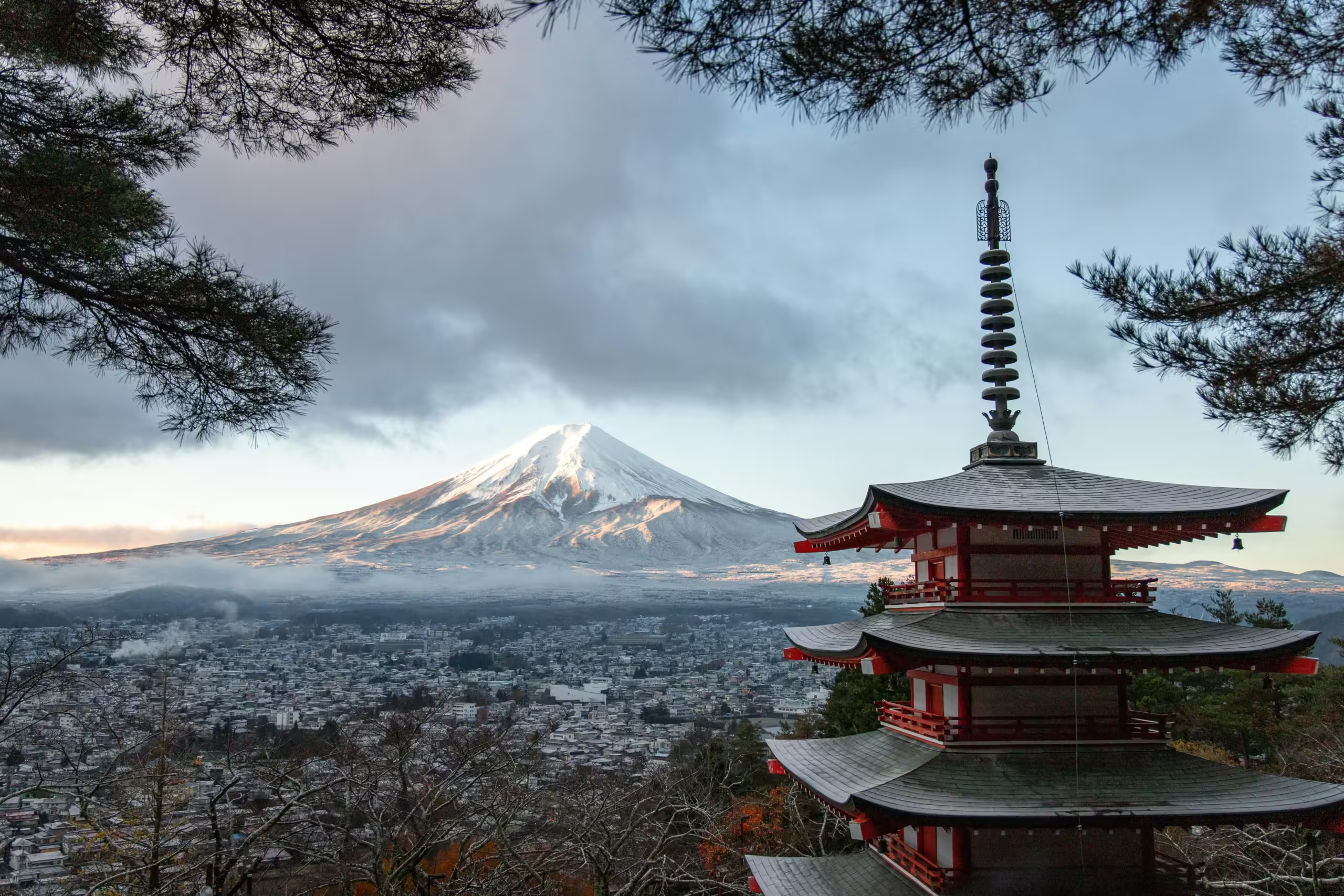
Best Time to Travel to Japan: Cherry Blossoms, Fall Foliage, and Ideal Weather
Japan is a year-round destination with distinct seasons, each offering unique experiences. To make the most of your visit, understanding the best time to travel to Japan is key. Whether you’re chasing cherry blossoms or fall foliage, here’s a guide to help you plan the perfect trip.
1. Spring best time to travel to Japan (March to May): Cherry Blossom Season

One of the most popular times to travel to Japan is during spring, when cherry blossoms (sakura) bloom across the country. From late March to early May, visitors flock to cities like Tokyo, Kyoto, and Osaka to witness this breathtaking natural phenomenon. Hanami (flower viewing) is a beloved tradition where locals and tourists alike picnic under the cherry trees.
Best places to experience cherry blossoms:
- Ueno Park, Tokyo
- Philosopher’s Path, Kyoto
- Himeji Castle, Hyogo
Outbound link: Learn more about Japan’s cherry blossom forecast .
2. Summer best time to travel to Japan (June to August): Festivals and Beaches

Although summer is typically hot and humid, it’s a fantastic time to travel to Japan if you love festivals and beach destinations. Coastal areas like Okinawa offer stunning beaches and crystal-clear waters. Summer is also when Japan celebrates some of its most vibrant festivals, including the Gion Matsuri in Kyoto and the Awa Odori dance festival in Tokushima.
- Top beach destinations: Okinawa, Kamakura, and Enoshima
- Must-see festivals: Gion Matsuri, Tanabata Festival, and Obon Festival
3. Fall (September to November): Fall Foliage
Another great time to visit Japan is during the autumn months when the leaves turn brilliant shades of red, orange, and yellow. The fall foliage season, known as koyo, draws many travelers to national parks, temples, and scenic landscapes. The crisp weather makes it perfect for outdoor activities like hiking and exploring the countryside.
Top spots for fall foliage:
- Mount Fuji and the surrounding lakes
- Nikko National Park, Tochigi
- Arashiyama Bamboo Forest, Kyoto
Outbound link: Plan your Japan fall foliage tour .
4. Winter best time to travel to Japan (December to February): Snow and Hot Springs

Winter may be cold, but it offers some of the most magical experiences. If you love skiing or snowboarding, head to Hokkaido or the Japanese Alps. Winter is also the best time to relax in an onsen (hot spring) and enjoy Japan’s snowy landscapes.
- Top winter activities: Skiing in Niseko, visiting the Snow Monkeys in Nagano, and soaking in a hot spring
5. Shoulder Seasons best time to travel to Japan : Fewer Crowds, More Savings
The best time to travel to Japan for budget-conscious travelers is during the shoulder seasons—late spring (May) and early fall (September). During these times, you can still enjoy good weather without the high costs and large crowds of peak tourist months.
Conclusion
The best time to travel to Japan depends on what you want to experience. Whether it’s the beauty of cherry blossoms, the vibrant autumn leaves, or Japan’s famous festivals, there’s something for everyone year-round. Start planning your adventure today!
Outbound link: Discover more about Japan’s seasonal attractions.
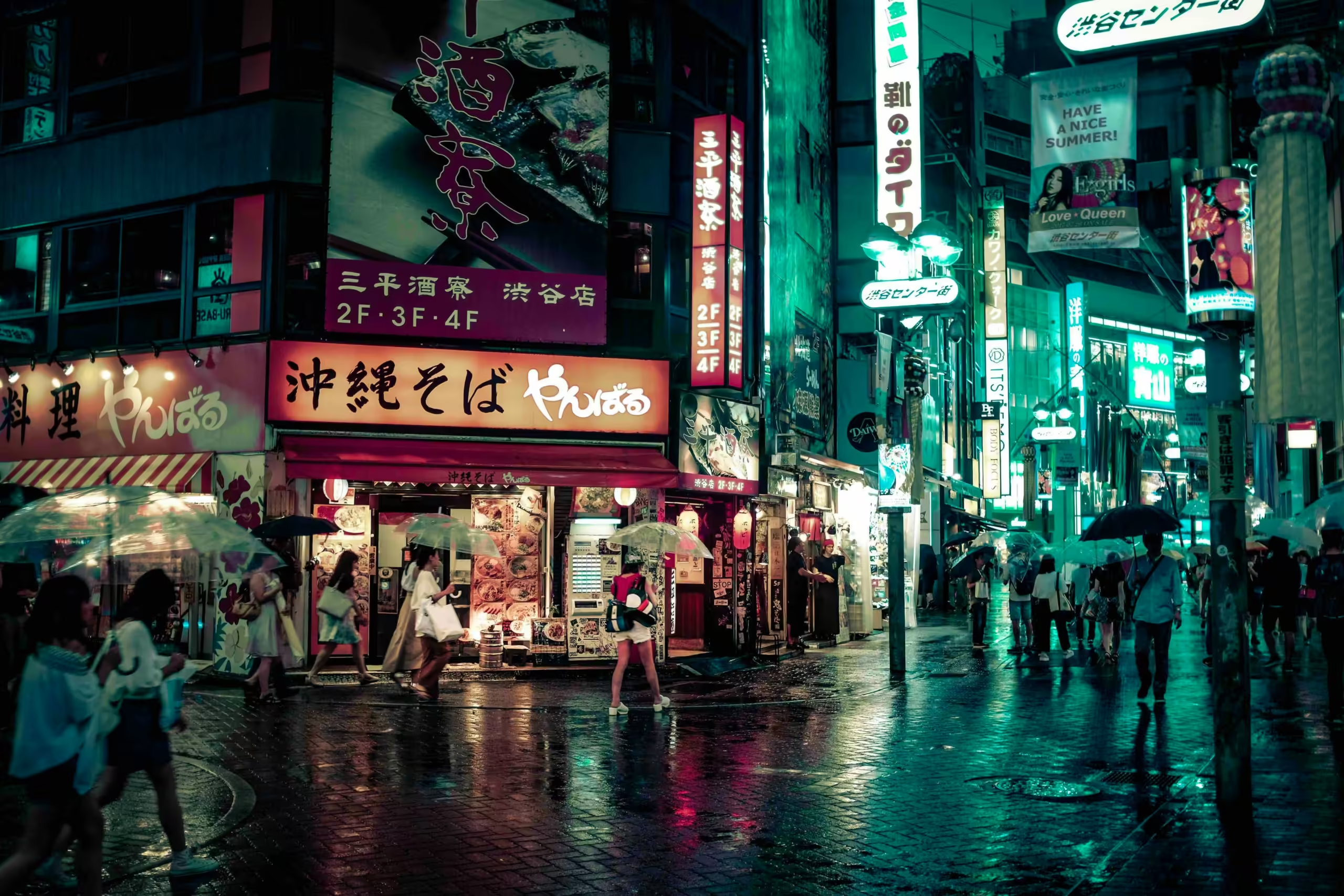
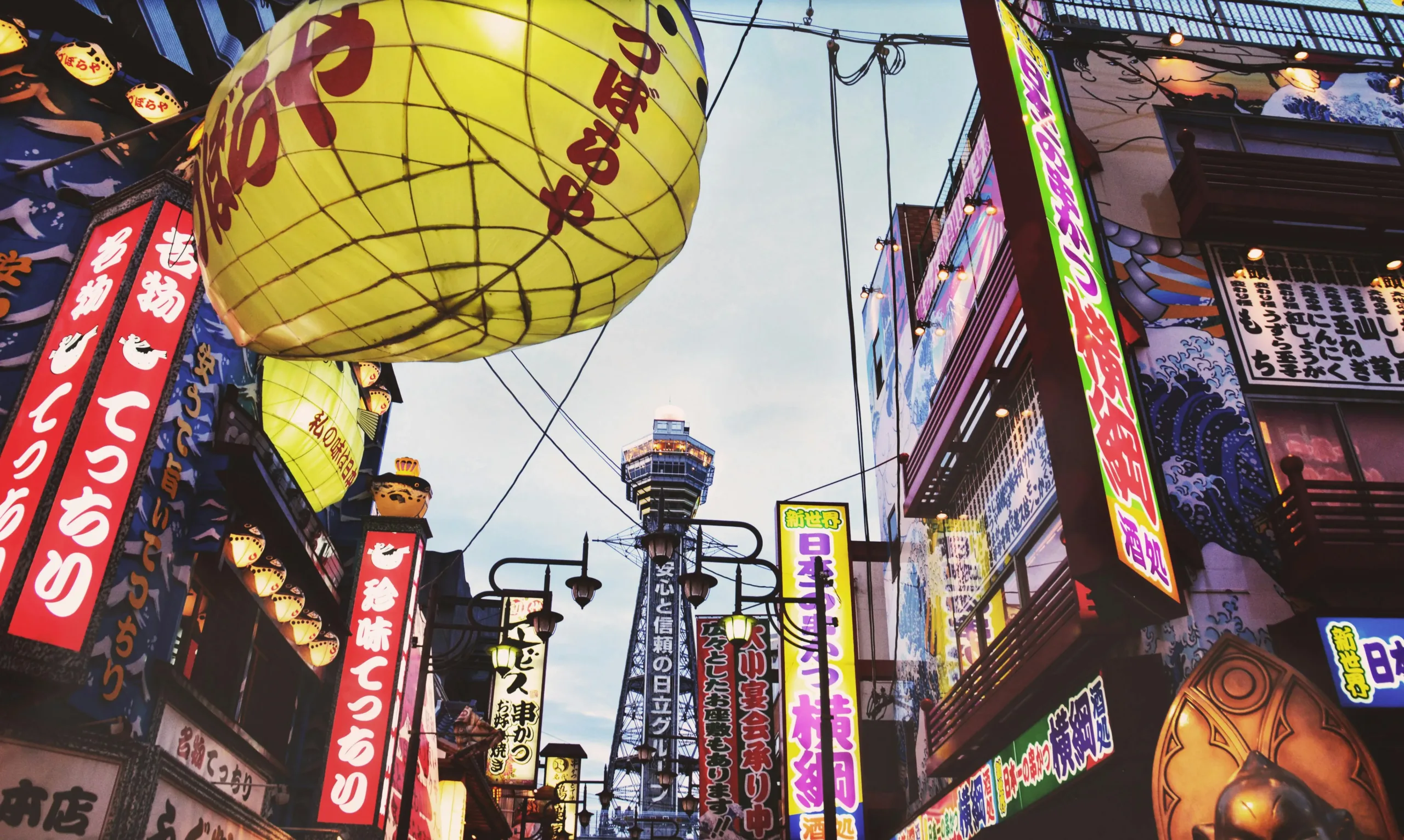

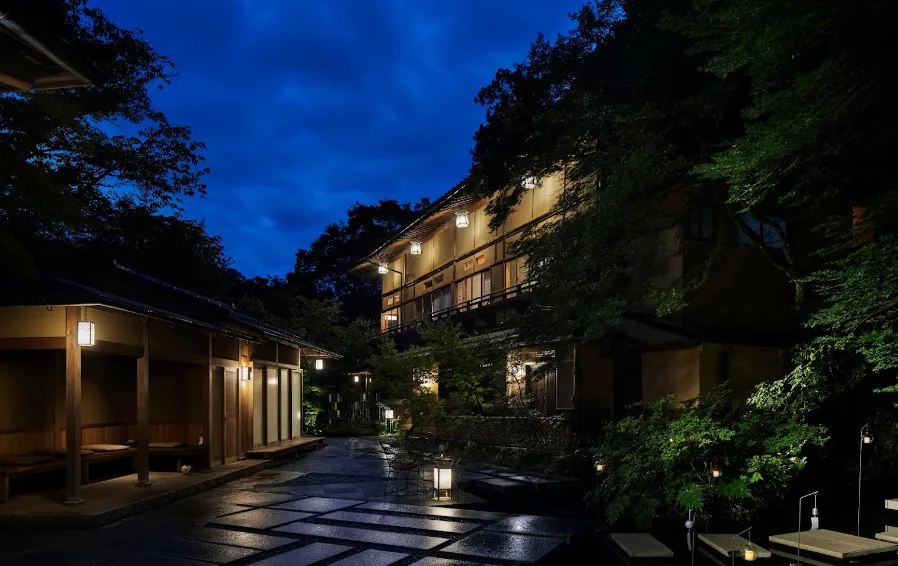



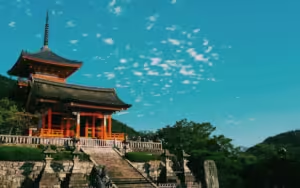



Best Time to Travel to Japan: Cherry Blossoms & Fall Foliage
nmfjjsdkq http://www.goaoeo0wqvu5739ar6k70v94x78174e3s.org/
[url=http://www.goaoeo0wqvu5739ar6k70v94x78174e3s.org/]unmfjjsdkq[/url]
anmfjjsdkq